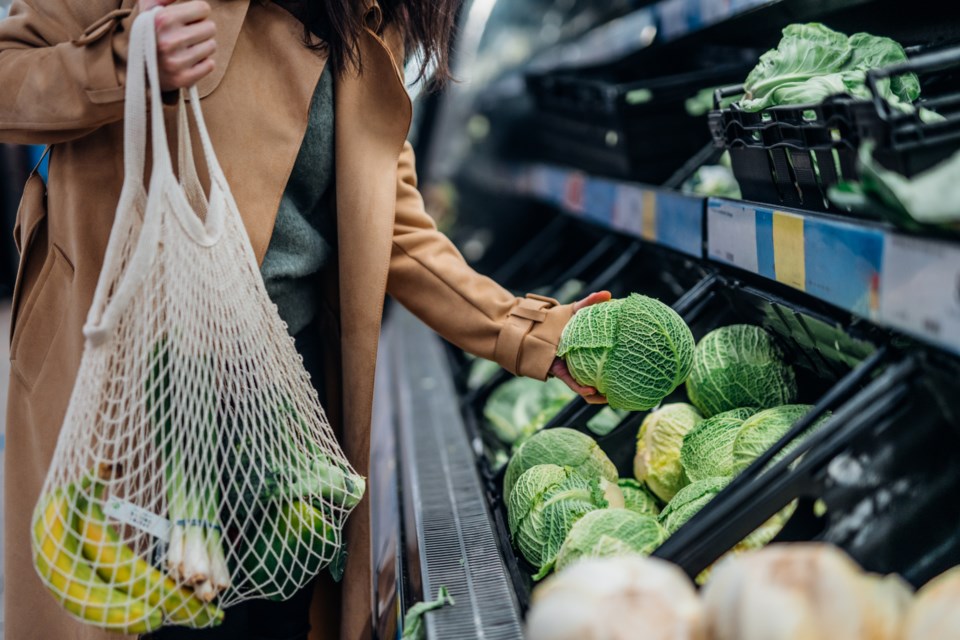Plastic-free July is transforming. The campaign that once may have encouraged grade schoolers to pack, not buy, their lunches, is now a chance for Canadians to try out a lifestyle that may soon be legally mandated.
Single-use plastics are among the top 12 most collected items at beach cleanups in B.C., according to CleanBC.
To combat plastic pollution, the federal government recently announced its plan to ban some single-use items and many British Columbians already live in municipalities with these bans in place.
In the midst of this shift, Jessica Correa, CEO of Random Acts of Green (RAOG), has an approachable solution to offer Canadians.
The RAOG app was founded in 2019 to encourage and incentivize people to make “green” choices in their everyday lives.
From composting to installing heat pumps, the app provides a mix of small and large actions for community members to check off. After completing an act, they earn “green points” to redeem for discounts at RAOG’s partner businesses, such as Boston Pizza or Green Beaver.
Last year, actions logged on the app added up to a total reduction of almost 16 million kilograms in CO2 emissions, according to RAOG’s 2021 impact report. That’s the same amount of emissions produced from driving across Canada around 8,000 times.
While many eco-conscious app users may have already been completing these actions before signing up, Correa said RAOG has also been able to “preach beyond the choir” through workshops, social media and word of mouth.
Many app users said they were disengaged with the idea of sustainability before signing up, according to Correa.
“We do have a really nice mix of people that are trying to find somewhere that can actually help educate them… without shaming them or making them feel guilty,” she said.
“[We’re] creating that friendly approach to get them started on their sustainability journey and then helping them build as they go.”
A year of research, involving focus groups, behaviour change tools and consultants, led Correa and her team to pick 45 actions, out of a list of 150, to exist on the app.
“We wanted people to have low-hanging fruit items, plus those bigger engagement items, like installing solar panels or buying an electric vehicle,” she said.
Refusing single-use plastics, using a reusable shopping bag or carrying a reusable water bottle, for example, all buy users 25 green points. Whereas recycling can earn a user 600 points.
The amount of greenhouse gases being saved by each individual action-taker is also indicated on the app. Having a “reusable water bottle buddy” saves 22 grams of GHG and recycling saves 3,150 grams.
In 2021, carrying a reusable water bottle was the most completed action with a total of 540 entries, according to RAOG’s impact report. Recycling and composting came in second and third, respectively, while refusing single-use plastics came in at number 10.
This July, Correa said she hopes the app motivates people to refuse single-use plastics, log their actions and redeem those points for real eco-friendly products and services.
“Our app is just another motivator, a way to get people involved, and get them to help solve the plastic pollution problem that we're currently facing,” she said.
As new single-use plastic policies continue to be proposed and implemented, Correa said her app is here to help people learn how to adapt.
“There's a very small percentage of people that are really climate deniers and don't really want to take action,” Corrie said.
“The majority of people just need a place to start and we hope to be that place.”
Correction: An earlier version of this story incorrectly stated actions logged on the app added up to a reduction of 10 million kilograms in CO2 emissions. The actual number is 16 million.



